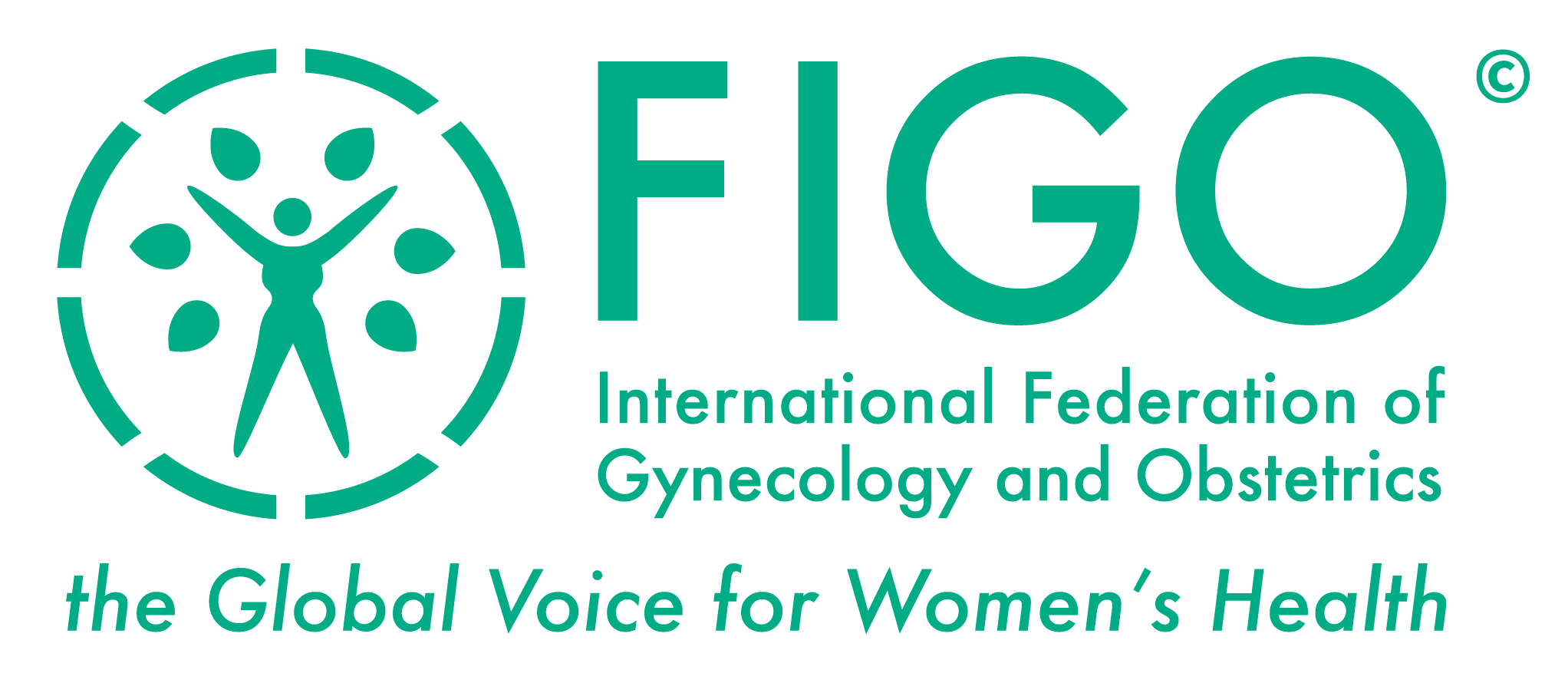Zegers-Hochschild F, Dickens BM, Dughman-Manzur S.
Human Rights to in vitro fertilization. Int J Gynecol Obstet; 2013; 123(1): 86-89.
Abstract
The Inter-American Court of Human Rights (the Court) has ruled that the Supreme Court of Costa Rica's judgment in 2000 prohibiting in vitro fertilization (IVF) violated the human right to private and family life, the human right to found and raise a family, and the human right to non-discrimination on grounds of disability, financial means, or gender. The Court's conclusions of violations contrary to the American Convention onHuman Rights followed from its ruling that, under the Convention, in vitro embryos are not "persons" and do not possess a right to life. Accordingly, the prohibition of IVF to protect embryos constituted a disproportionate and unjustifiable denial of infertile individuals' human rights. The Court distinguished fertilization from conception, since conception-unlike fertilization-depends on an embryo's implantation in a woman's body. Underhuman rights law, legal protection of an embryo "from conception" is inapplicable between its creation by fertilization and completion of its implantation in utero.
